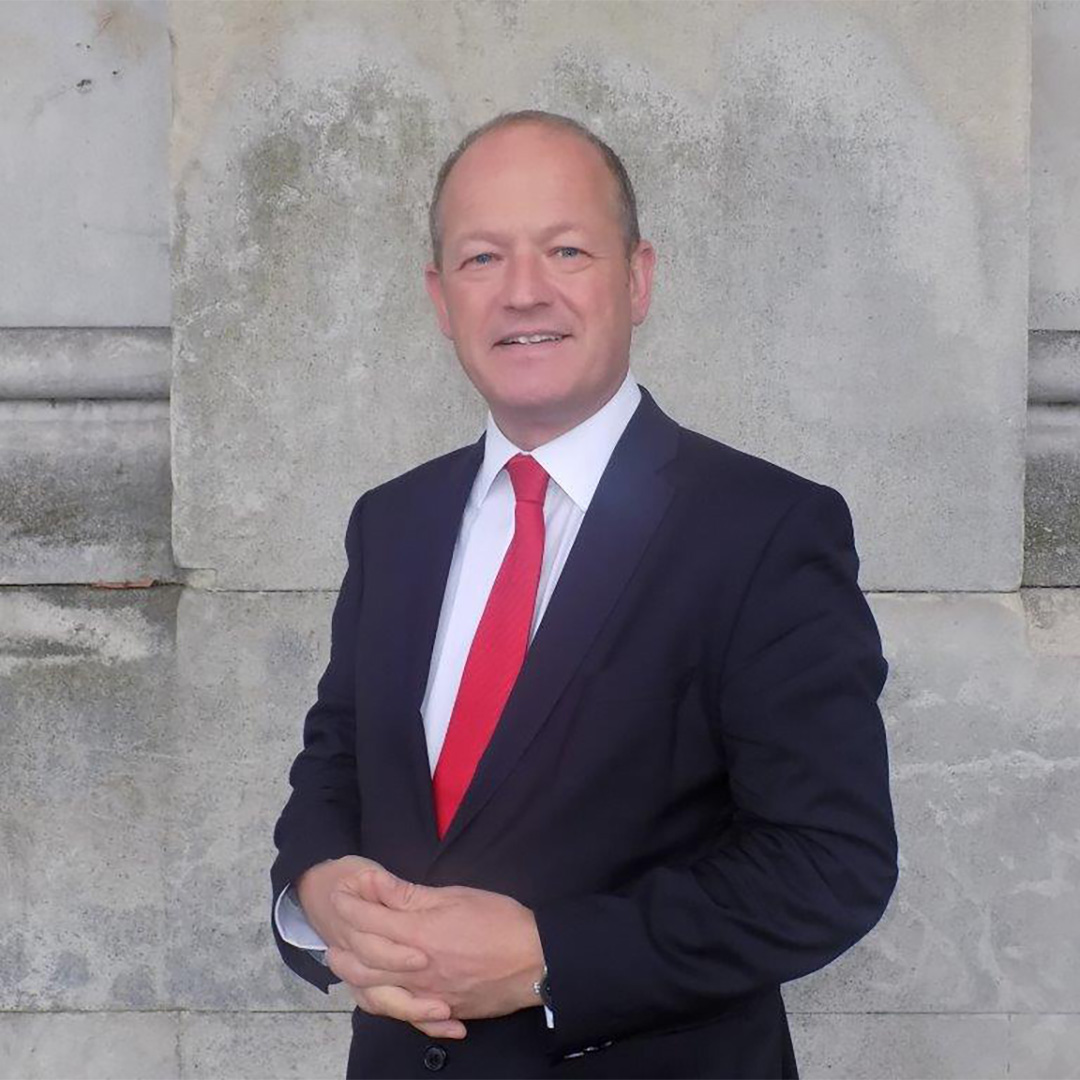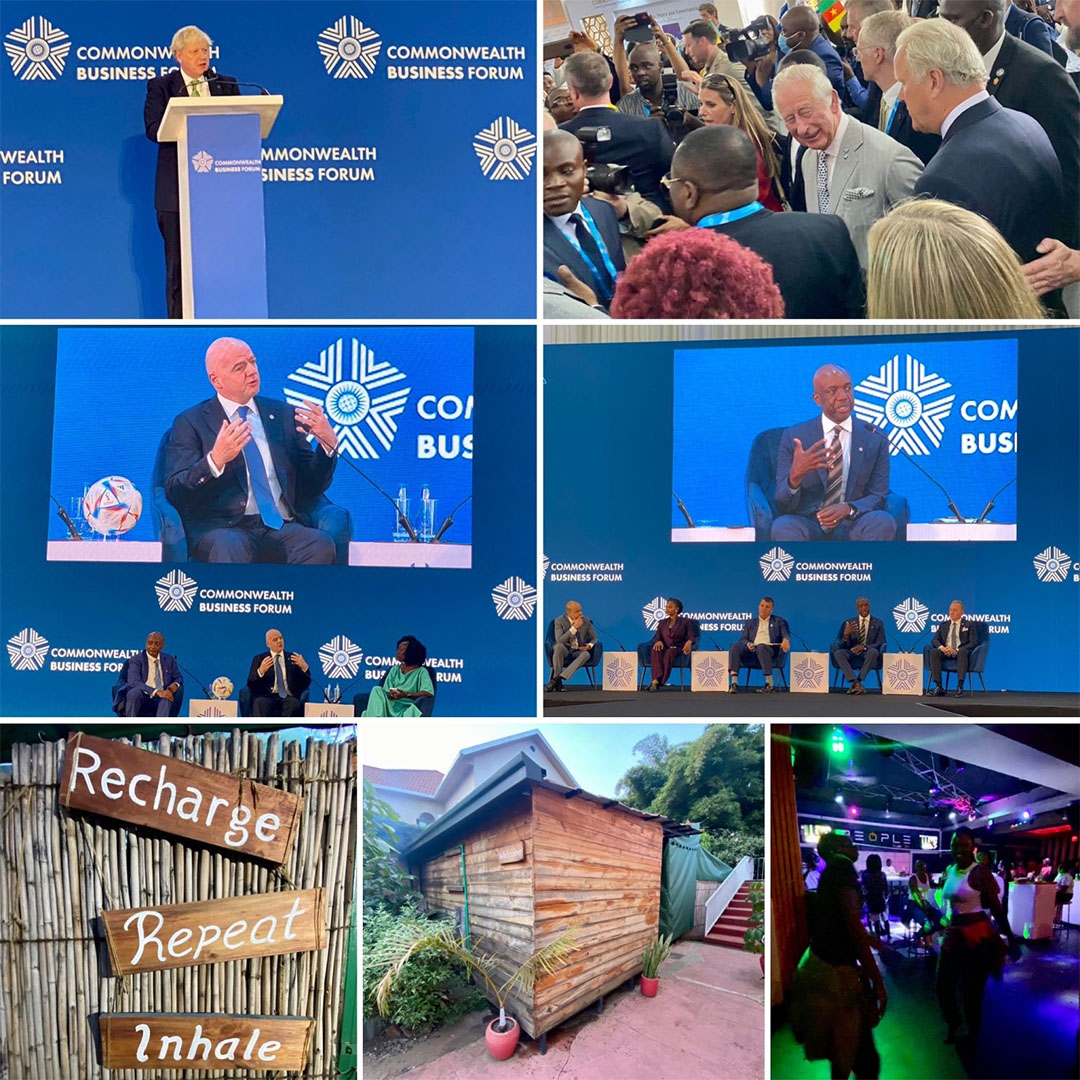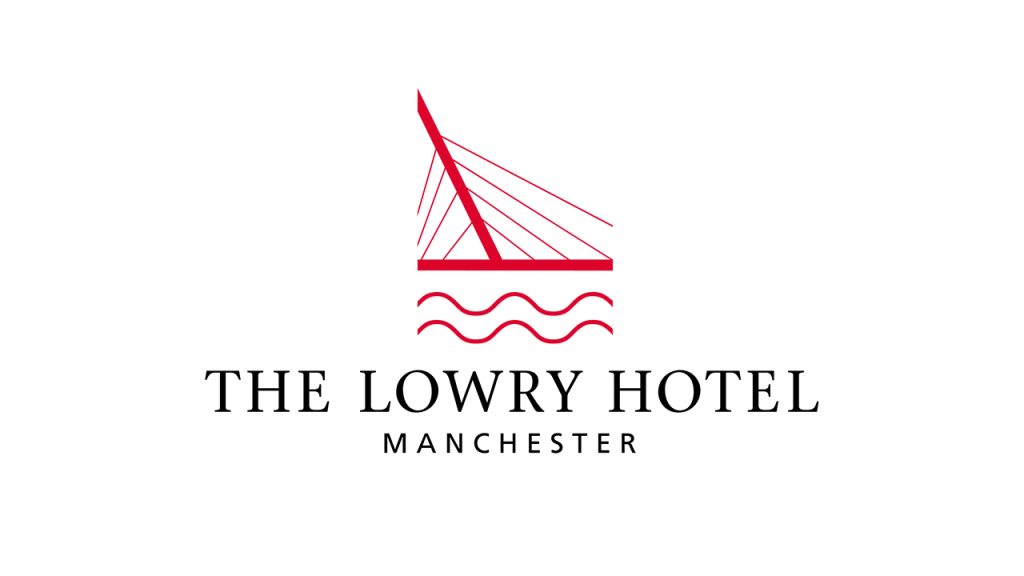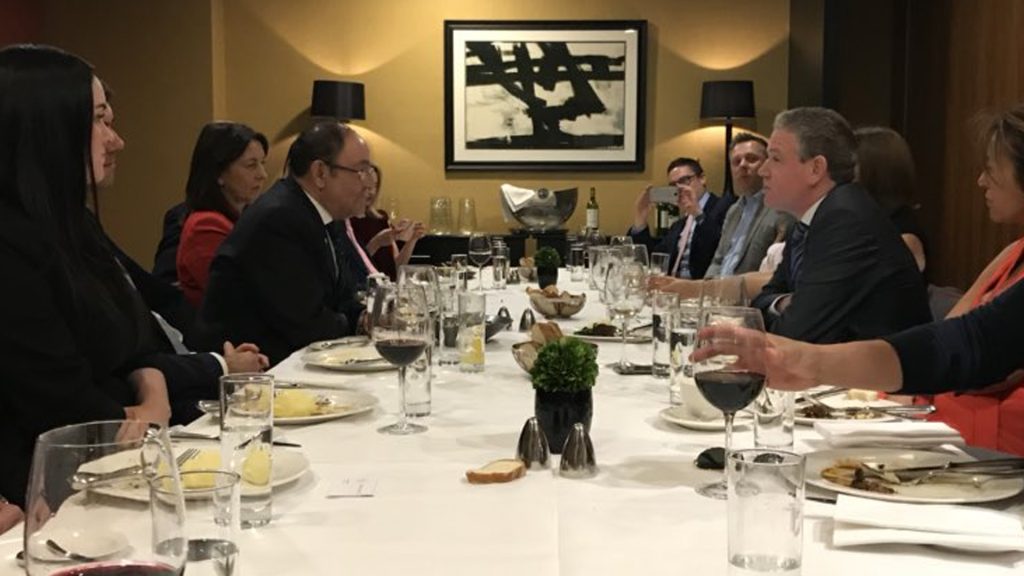“It can’t just be about warm words; it has to be about implementation.”
This was Paul Kagame, the Rwandan President, responding to a question from the floor on youth empowerment. Nothing could be nearer to the truth and this head of state knows a thing or two about getting stuff done. He’s turned a developing country from being 80% reliant on international aid, to 20% reliant in less than a couple of decades.
It’s the last week of June and there’s about two thousand of us in Kigali, Rwanda’s capital, for the Commonwealth Heads of Government Meeting (CHOGM) Business Forum.
As the name suggests, prime ministers, presidents, government ministers, diplomats, and civil servants from across all Commonwealth countries come together every two years, in a different member state, to discuss and agree how they can collaborate on improving their population’s lives.
It’s worth noting that the Commonwealth covers a third of humanity, it’s headed up by the United Kingdom’s royal family, and as a nation we play a critical role in making it work effectively. In a post-Brexit Britain, it couldn’t be more important.
And because it attracts all these senior politicians it’s also a conduit for some of the most powerful and entrepreneurial business people. Attending is the senior vice-president of Google, the president and CEO of Mars, the global food company, Gianni Infantino, the president of FIFA (Fédération Internationale de Football Association), Benjamin Fernandes, founder of NALA Money and someone who is clearly going places – to name just a few.
The calibre of conversation is second to none and there’s lots of discussion, not surprisingly considering we’re on the continent, about development in Africa. Yes, the ‘digital divide’ is an issue for millions of Commonwealth residents, and technological poverty is real, but this conglomerate of nations is a vast market, and Africa specifically is where the most ambitious, entrepreneurial, and disruptive developments are taking place.
The continent is a test bed for new technologies, skipping over kit and software solutions that people in the west have had to endure. For example, money transfer isn’t being done using plastic debit cards, it’s being done through mobile phones. Financial centres, like the one in Kigali, are sprouting up to service opportunities that are being created and digital currencies are advancing here well ahead of countries like the UK and USA.
With different climate issues, alternative energy and battery capacity development have come to the fore and electric vehicle manufacture is as common as it is elsewhere. Natural resources, minerals, found on the continent are crucial to many of the technological advances that we are all experiencing – this is creating opportunities to harness their advantage.
Nobody would deny that there are still many challenges across the diverse continent that is Africa, but Rwanda is a beacon of what can be achieved in a short time. The discourse from the left in British politics about Rwanda, particularly around sending illegal immigrants there, has been patronising and offensive. The choice of language has been ethnocentric and verging on racist. The reality is that Rwanda is a well governed, modern state which is achieving.
And whilst the UK has spent the last few decades looking to do business within Europe, one can’t help but feel we have been missing opportunities further afield. Now is the time to embrace our Commonwealth position and particularly reignite our interest in sub-Saharan Africa.
Never mind the UK left deriding Rwanda, the truth is we can learn from Paul Kagame. Britain needs a vision for its future, one like Rwanda that embraces patriotism, one that is passionate, ambitious, entrepreneurial, one that is beyond Europe – one that is all about implementation.
Simon Danczuk is a former Member of Parliament and now a business consultant and part-time author.






